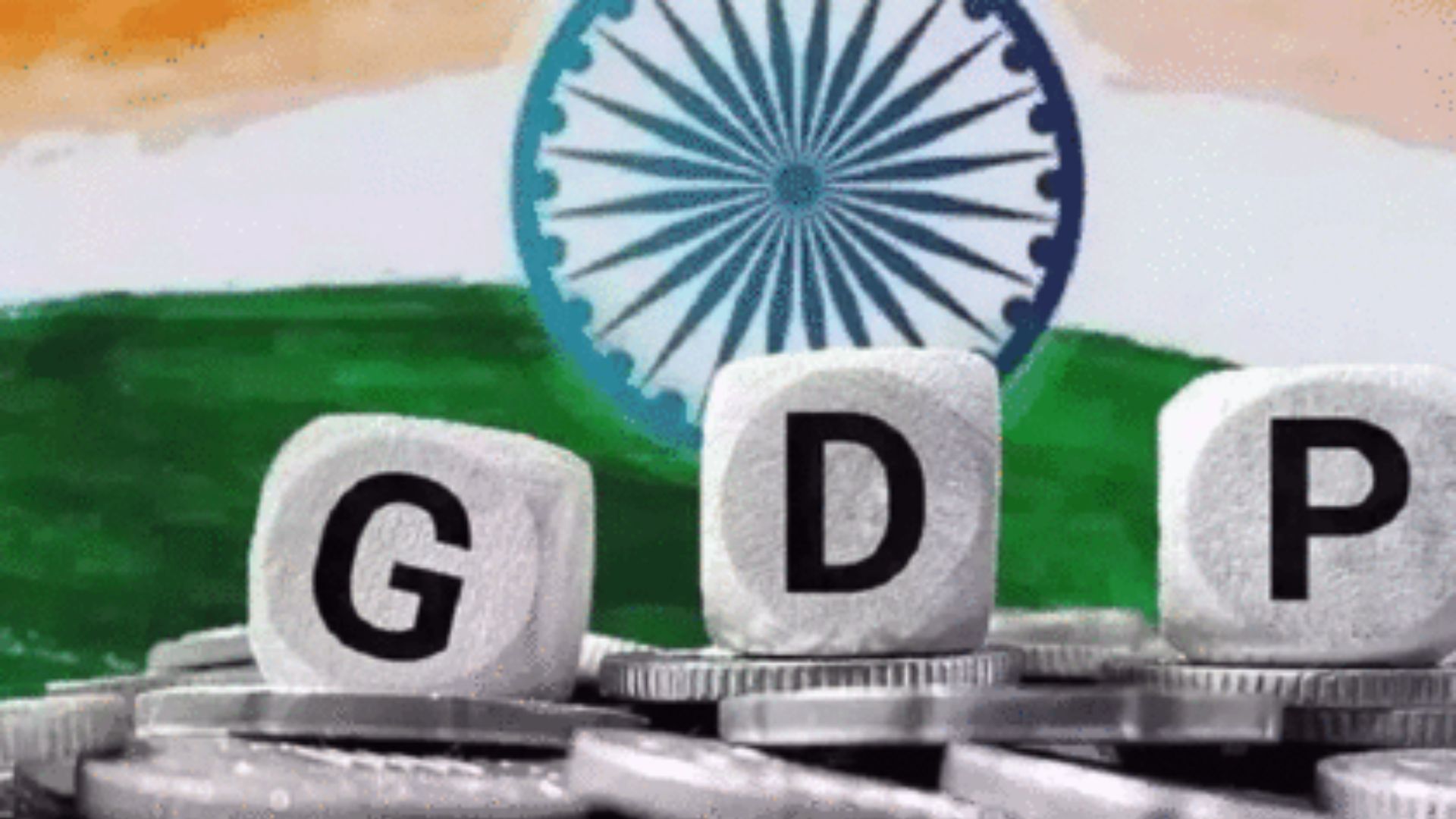The Government of India is set to update its Gross Domestic Product (GDP) base year from 2011-12 to 2022-23. This major revision is expected to offer a more accurate snapshot of the country’s evolving economic landscape. It’s the first revision in more than a decade, with the last update taking place in 2011-12.
Why is the GDP Base Year Changing?
The base year for GDP calculations serves as a reference point, and regularly updating it is crucial to reflect the structural changes in the economy. By adopting 2022-23 as the new base year, India can better capture shifts in consumption patterns, sectoral contributions, and emerging industries. This revision is set to provide a clearer and more relevant picture of the nation’s economic performance, crucial for effective policymaking and informed economic analysis.
To oversee the transition, the government has appointed a 26-member Advisory Committee on National Accounts Statistics (ACNAS). This committee, led by Biswanath Goldar, includes representatives from the Central and State Governments, the Reserve Bank of India, academia, and research institutions. The ACNAS will play a key role in refining the methodology for compiling National Accounts Statistics and integrating new data sources to ensure the revised GDP figures are accurate.
Key Steps to Improve Statistical Systems
The government is also taking significant steps to enhance the country’s statistical infrastructure, which includes
Standardizing Data Structures: Ensuring consistent, high-quality reporting across the National Statistical System.
Leveraging Administrative Data: Making use of existing administrative data for more accurate and comprehensive statistical compilations.
Economic Census: The Ministry of Statistics and Programme Implementation (MoSPI) is gearing up to launch a new economic census that will provide granular data on economic activities.
New Monthly Labour Force Estimates Starting 2025
In addition to revising GDP data, MoSPI plans to release monthly estimates from the Periodic Labour Force Survey (PLFS) starting in January 2025. This will provide more frequent and timely insights into employment trends across the country, offering valuable information for policymakers and researchers.While data-driven decision-making is essential, there are challenges in data collection. Saurabh Garg, in a recent speech, emphasized the importance of robust data governance and the need for uniform guidelines. However, he pointed out that some affluent neighborhoods are reluctant to participate in government surveys, which may impact the accuracy and comprehensiveness of the data.
The decision to update the GDP base year is an important step in ensuring that India’s economic data reflects the current realities of its fast-evolving economy. With better methodologies, more frequent data updates, and an enhanced statistical system, India will be equipped with more accurate information for effective governance and planning.
MUST READ: GDP Growth Hits Two-Year Low: What’s Next For India’s Stock Market?




